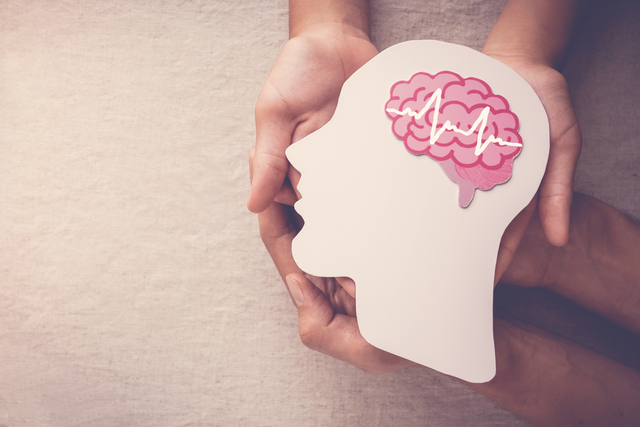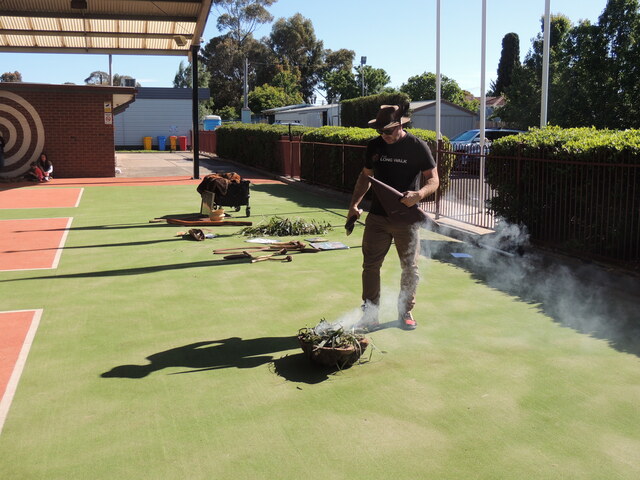A new pilot paediatric concussion clinic is providing children across the state with ground-breaking care and treatment to help them recover from concussion.
The Murdoch Children’s Research Institute’s (MCRI) Concussion Essentials Clinic at The Royal Children’s Hospital (RCH), which was made possible through a $450,000 grant from the Victorian Medical Research Acceleration Fund, opened in November 2024.
The clinic applies an innovative evidence-based care model about how to manage and treat mild traumatic brain injuries in children, providing crucial education and rehabilitative therapies.
The MCRI pilot clinic’s team of psychologists, physiotherapists, and exercise physiologists help tackle common but debilitating symptoms that, if left untreated, can prevent children from attending school, being active and socialising.
One in five children will experience a concussion before the age of 10, and children can take twice as long as adults to recover. A 2023 Royal Children’s Hospital study found that more than a third of parents have little knowledge about the signs of concussion in children, which include fatigue, irritability and feeling anxious – and more than half are unaware of treatments available.
The clinic uses the Concussion Essentials (HeadCheck) App, developed by MCRI in collaboration with the RCH and AFL, to help parents identify concussion signs and manage recovery, and connect them to a concussion telehealth service.
With every patient treated, the clinic will develop a research base to help boost recognition and understanding of concussions in children, for parents, carers and community members including sports coaches and teachers.
Murdoch Children’s Research Institute clinical sciences theme director Professor Vicki Anderson said that unlike in adults, the developing brain responds differently to concussion so preventing the long-term effects requires child specific diagnosis, acute management and recovery protocols.
“This pilot clinic will provide children with evidence-based early intervention and treatment, spanning psychoeducation, physiotherapy and psychological support and useful prevention techniques to speed recovery and a return to normal activities.”







